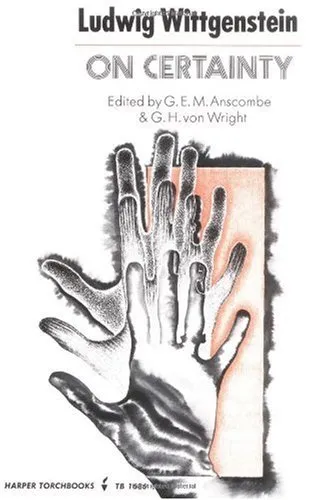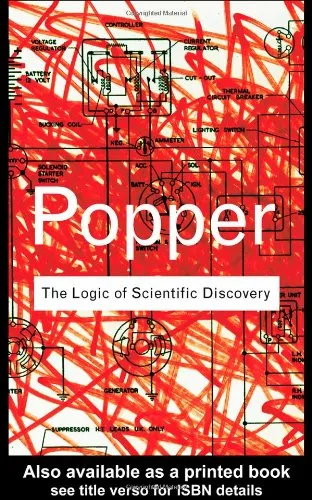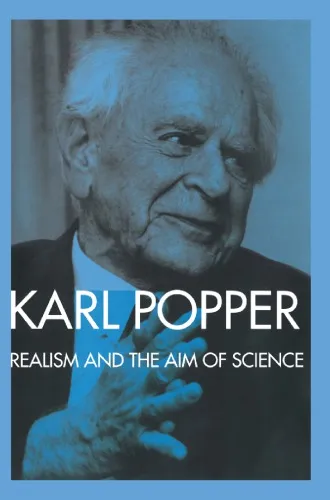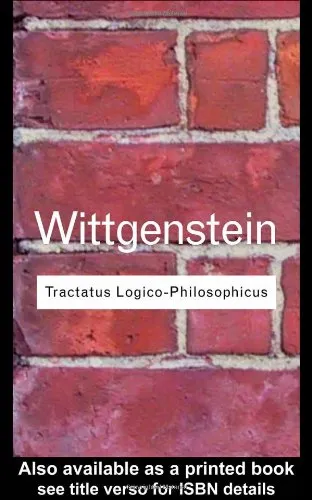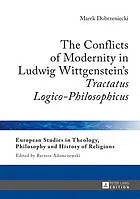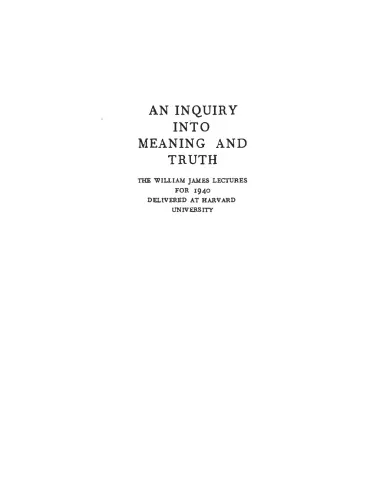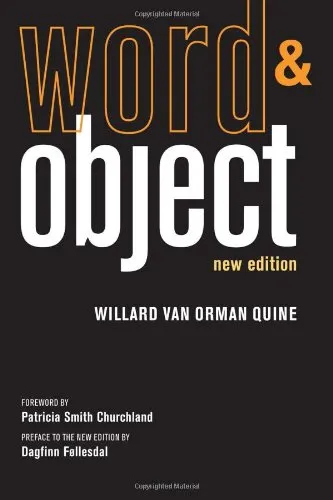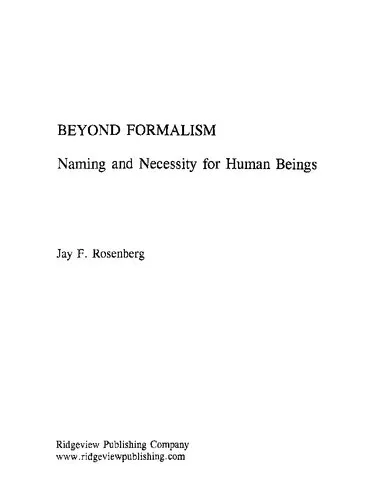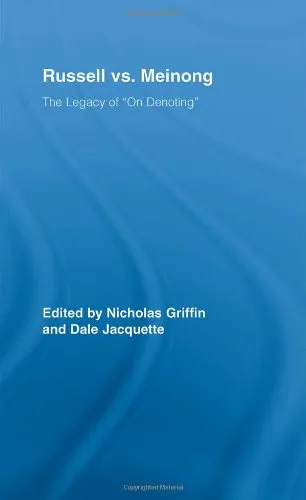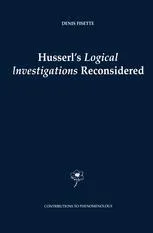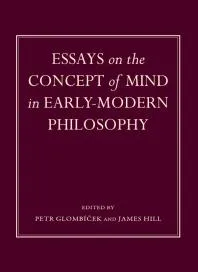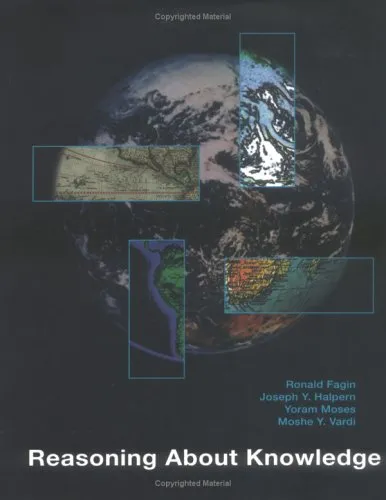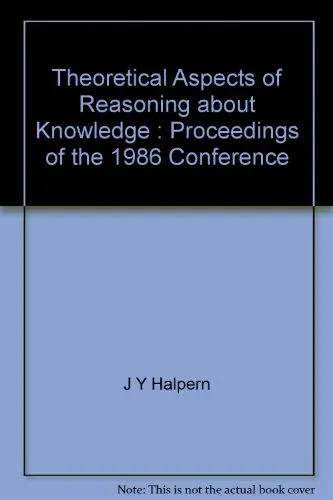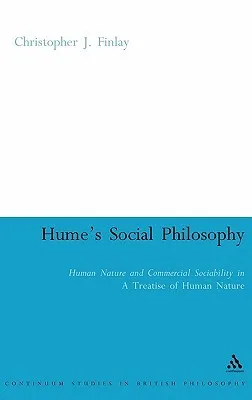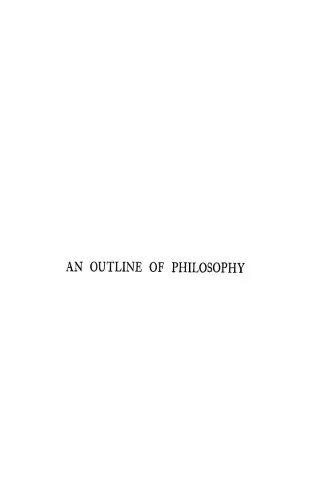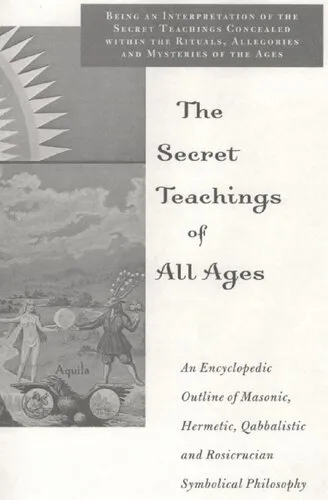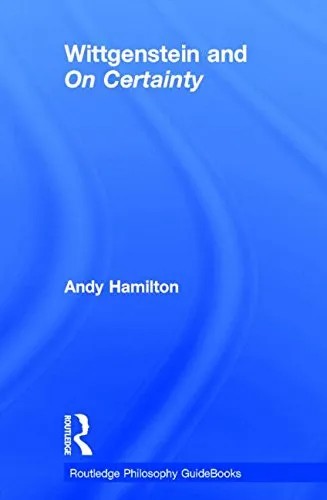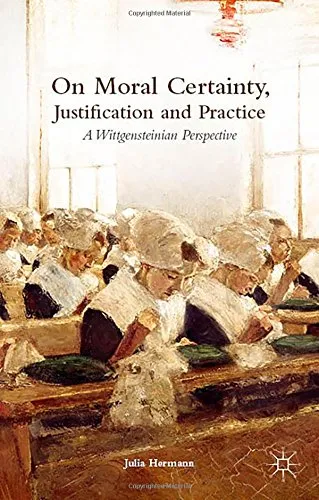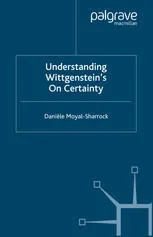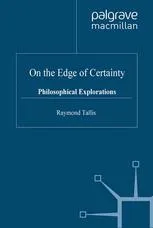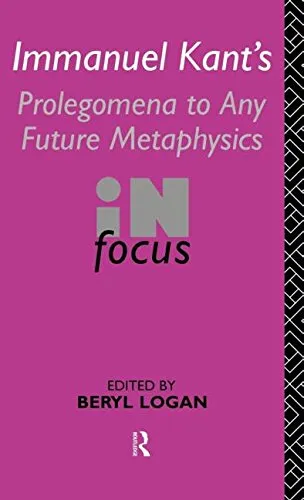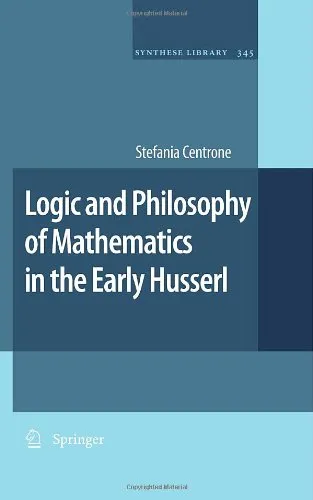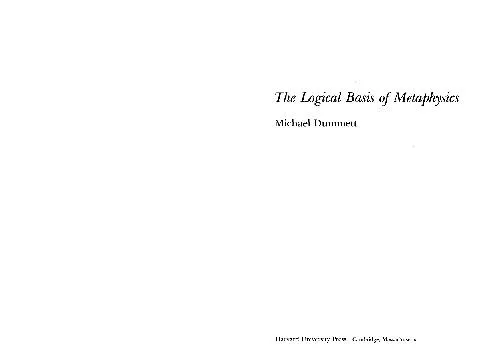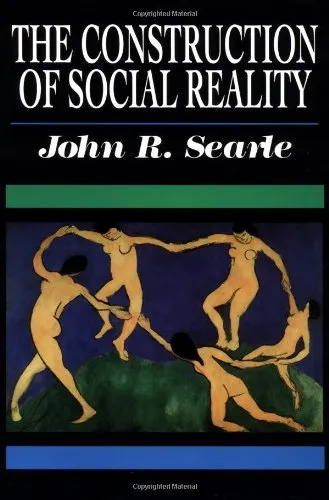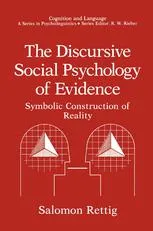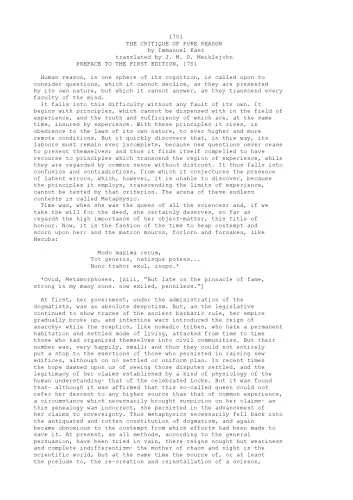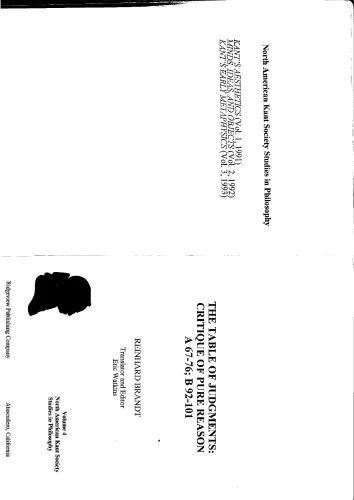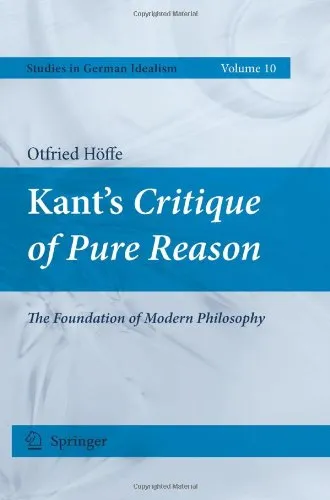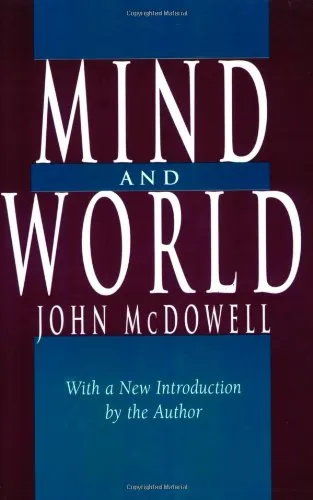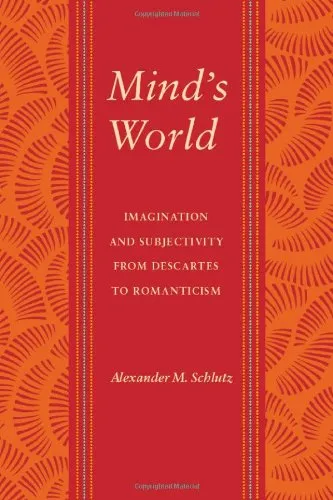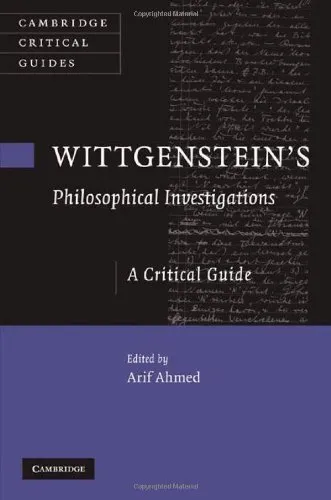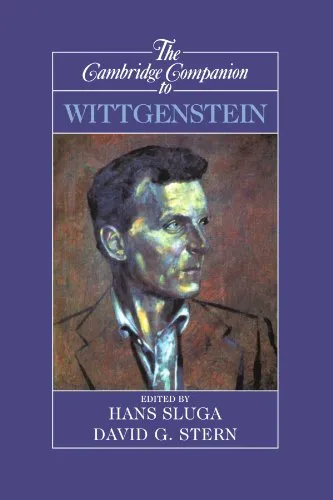On Certainty
4.7
Reviews from our users

You Can Ask your questions from this book's AI after Login
Each download or ask from book AI costs 2 points. To earn more free points, please visit the Points Guide Page and complete some valuable actions.Related Refrences:
Introduction to 'On Certainty'
'On Certainty' is a profound philosophical work by Ludwig Wittgenstein, compiled posthumously from his last notebooks. This thought-provoking book delves deeply into the nature of doubt, knowledge, and certainty, providing a significant contribution to epistemology. Wittgenstein presents his reflections in response to philosopher G.E. Moore's defense of common sense realism.
Detailed Summary of the Book
In 'On Certainty', Wittgenstein embarks on an exploration of the foundations of knowledge. Starting with Moore's famous paradoxical statements such as "Here is a hand," Wittgenstein scrutinizes the assumptions underlying claims to knowledge and certainty. He challenges the very possibility of an absolute foundation for knowledge, suggesting that our language and practices are rooted in a "bedrock" of indubitable beliefs that remain unexplored.
The book is structured as a series of remarks which echo his later philosophy, utilizing ordinary language to unravel complex problems of knowledge. Wittgenstein introduces the concept of 'hinge propositions,' the basic beliefs about the world that stand fast for us, such as the existence of the external world or the reliability of memory. These hinge propositions are the supportive pivots upon which our systems of beliefs turn, yet cannot themselves be proven or disproven.
Wittgenstein's analysis traverses issues of doubt and certainty, revealing the limitations of skepticism and the role of practice in establishing certainty. Themes of language-games continue to weave through as he illustrates how our linguistic practices form the foundation for certainty, not empirical or logical proof.
Key Takeaways
- The notion of 'certainty' is not absolute but interwoven with our actions and language games.
- Doubt and certainty are contextual, dependent on the framework of background beliefs that we take for granted.
- 'Hinge propositions' are those basic beliefs that are exempt from doubt and inform our system of knowledge.
- Wittgenstein sees philosophical problems as rooted in misunderstanding the logic of our language.
- Meaning arises from use: the meaning of a word or proposition is contingent upon its use in the language.
Famous Quotes from the Book
"If you do know that here is one hand, we'll grant you all the rest."
"My life consists in my being content to accept many things."
"A doubt that doubted everything would not be a doubt."
Why This Book Matters
'On Certainty' is crucial for its incisive investigation into the nature of knowledge. By challenging the assumptions of skepticism and realism, Wittgenstein fosters a new understanding of how we come to know and assert certainty. His reflections on language, thought, and practice create a profound platform for later philosophical inquiry, echoing in the work of philosophers examining the foundations of epistemology.
This book is particularly relevant to contemporary discussions on the dynamics of belief, skepticism, and the authority of knowledge in an increasingly complex world. Wittgenstein’s insights speak to broader philosophical, scientific, and cultural dialogues, encouraging readers to question the certainty of their own beliefs, and how these beliefs are shaped by language and community.
In essence, 'On Certainty' is a testament to Wittgenstein's enduring impact on philosophical discourse and an invitation to explore the depth of human understanding within the ordinary frameworks of language and life.
Free Direct Download
You Can Download this book after Login
Accessing books through legal platforms and public libraries not only supports the rights of authors and publishers but also contributes to the sustainability of reading culture. Before downloading, please take a moment to consider these options.
Find this book on other platforms:
WorldCat helps you find books in libraries worldwide.
See ratings, reviews, and discussions on Goodreads.
Find and buy rare or used books on AbeBooks.
1520
بازدید4.7
امتیاز0
نظر98%
رضایتReviews:
4.7
Based on 0 users review
Questions & Answers
Ask questions about this book or help others by answering
No questions yet. Be the first to ask!
